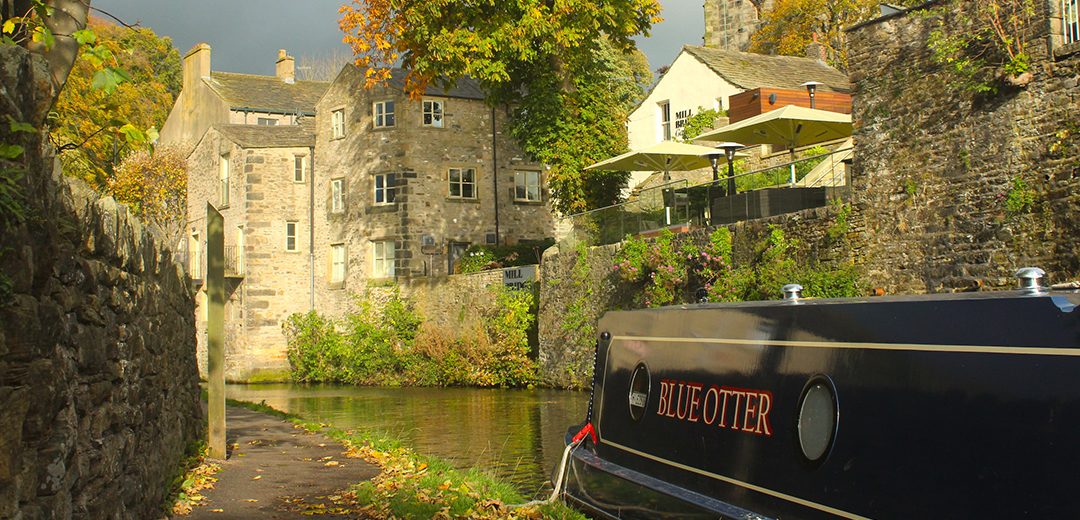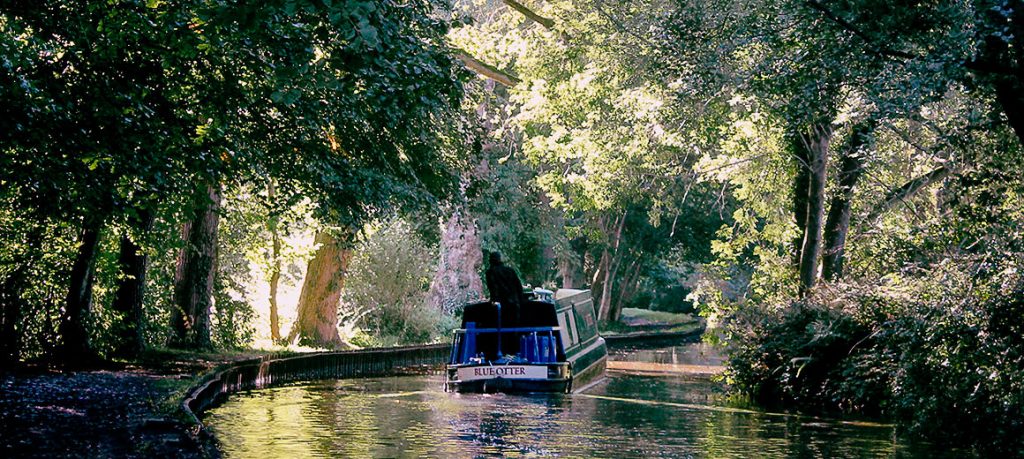Liz Smailes considers how the legacy of disasters abroad can help tourism today
Now is the time to learn, share and adapt from those with the most experience. Being agile to an ever changing landscape is going to be key for survival, observing and learning from others who’ve been close to this before There are pockets of human behaviour I’ve observed before through different types of crisis, all culminating in this one massive, life-changing event now in our time.
With a history of SARS, H1N1 and bird flu, Asian nations immediately grasped the gravity and potential devastation that came with Covid-19. The dissemination of news was quick and multilingual. Unlike previous times of similar viruses, the existence of social media and the general public’s rapid access to communication meant that news travelled this time at lightening speed. Official corona infographics appeared within hours, informing my friends over there what to do, where to go, who to contact and how to behave. Residents didn’t question it; they knew what was at stake.
Here in the UK I initially observed a predominant and contrasting trait along the lines of “it wont affect me” – and not having had such a close call with SARS in the past, it is perhaps not surprising. Coronavirus was not a tangible or visible threat. I still follow the ‘UK in Thailand’ Facebook page published by the British Embassy in Bangkok, and I saw the contrast between the gravity of the British ambassador’s line of messaging with the tone of reporting here in the UK, underlining the difference in long-term vision abroad as opposed to the short-term impact at home.
The hare and the tortoise
In terms of recovery, in 2004 when colossal waves devastated coastlines and everything in their path, the initial human instinct to look out for ‘me and my survival’ was short lived. I reached the affected areas 10 days after Boxing Day 2004 and new communities had already formed. There was an overriding sense of us, ours and theirs as a joint effort that was firmly established. Some eager companies moved in fast to gain a quick win or monopolise the market – I call it the hare approach – but they didn’t last long and were not accepted by the community. Others took time to assess, gauge, connect and collaborate – I call it the tortoise approach – and they found strength within the community and prospered together.
Local loyalty, pride and passion for any success will be vital for us today in the initial phase of Covid19 recovery. Anywhere in the world, whatever a business decides to do next, the value of and acceptance from local community is going to be crucial to sustainable success.
As we emerge from lockdown, rather than working in silos, local companies should look to combine their expertise within their geographical area collaboratively to create a well-rounded experience, delivering a 360 degree service. Prepare for ever-changing goalposts as new regulations emerge over time. Band together as a team of extended companies; it will be easier to ride the storm and adapt.
Marketing through a crisis
Once we are allowed to travel again, your local travel agent and their extensive network of national contacts will become crucial to your marketing and attracting the traveller your product is intended for. The internet will be awash with information, deals and saturated with offers. Taking the tortoise approach, as and when you are ready, you will be in control of the market you can manage and seek to attract.
In tourism there is always a peak season and a low season. Now we have a wait-and-see season, but that doesn’t mean we can’t plan for it. We all want answers to be forthcoming, yet the only constant at the moment is that three months into the pandemic, no one can really tell for sure what it’s going to be like when we come out of lockdown. This means reassurance at every point of communication will be key to restoring consumer confidence.
Following the financial crash of 2008 we saw a switch from product to brand messaging. There was an increased usage of human marketing language, messaging was service-orientated rather than product-oriented as industries recognised the new needs of customers. Increased transparency and authenticity were critical in re-building confidence.
One marketing trend I am already noticing now is an increased use of light-hearted and more human design elements. As companies start their re-launch campaigns, I’m seeing more unique and stylised hand-drawn icons and other elements to enhance brand personality. Uplifting, hopeful messages address the wider public who have a need for more positivity in their lives.
When it comes to branding and marketing, we don’t need to reinvent the wheel; just put a new tyre on it – or sometimes all it needs is more air. At the hub, always allow your brand values to serve as an internal control system.
Managing expectations
Provide solutions before problems arise.The Yorkshire Dales and surrounding towns are heavily dependent on tourism. Curiosity and the passion to explore ensures visitors will come back, but it will be a very different type of traveller. Focus on what you are ready for and on delivering that exceptionally well. By packaging and spoon-feeding experiences as they become ready for visitors to enjoy allows you to manage the crowds and their expectations.
Who are the travellers of tomorrow?
The travel industry contributes 10% to the world’s GDP and sustains 1 in 12 of all global jobs (around 255 million people). We are all desperate to pack our suitcases again. When will that be and what will it be like? Three months in—with some countries ending lockdowns, others gradually phasing them out, or considering ending them—we can attempt to answer those questions.
The broad answer to when we can travel abroad again is dependent on three factors:
- When we are allowed to, determined by governmental regulations, both domestic and international.
- When we feel safe doing so, determined by health and sanitation protocols for planes, cruises, and in hotels.
- When the right transportation options are available – airlines with the right routes, cruises fit to set sail and no quarantine awaiting us on arrival at the destination.
Until then, we will have a staycation market, but even that needs redefining and once you understand the future travellers’ needs, you can revisit your assets and tailor them to meet that rising demand.
Domestic travel in post-covid landscape
1) Understand your ‘feeder market’.
Where do you travellers come from? The initial traveller will be families and friends, and those within a one-hour drive of your location. Hence local loyalty is going to go a long way for you in the recovery process. The second wave will be travellers who live 3- 5 hours drive away. Put yourself in their shoes, and ask yourself how you would like your holiday to pan out, what information you will need and what are the reassurance messages that would convince you?
2) Rural vs Urban.
People will want to avoid crowds and find peaceful sanctuaries more than ever. Until we have a vaccine, any notion of large crowds will not entice visitors and destinations will be looking to put every regulation in place to avoid large gatherings. People from densely populated areas in towns and cities will crave open air spaces. These travellers are used to being around people, and are now looking for somewhere remote yet also close to medical facilities and amenities.
On the flip side, rural communities will be craving some urban connection in a trusted social environment. Favourite cafes are trending at the top of places we are longing to go back to. It starts with the simple experience of having someone else making our cup of coffee and slicing a piece of cake for us. A friendly face, the background music and people watching from afar. Simple pleasures.
3) Wellbeing, health prevention and sustainability
While we will initially see families and loved ones reconnecting within their own environments, the pandemic has put a spotlight on personal well-being, holistic health and that of our natural environments. We can expect to see an increased interest in wellness retreats, rural holiday experiences – particularly those that have a sustainability vision – and open air attractions.
4) Going Green
With time to take stock and enjoy a reset, people around the world are realising how fragile our planet is – both in terms of the ecosystem and human interrelations. Sustainable tourism is more desirable than ever before. Destinations and companies offering a real commitment to environmental and social responsibility will be favoured by a growing number of eco-conscious travellers.
5) Slow motion
Commonly known as the farm-to-fork cuisine, slow food concepts are already a few decades in the making. Don’t be surprised to see them now come of age. After months of lockdown, we can expect a renewed focus on slower, more considered travel and experiences, defined by responsible values. Visitors will want to help local businesses get back on their feet. They will be curious to hear the before and after stories, and tourists will also proactively want to create a positive impact on the destinations that they visit.
Paths less trodden
I consider myself immensely privileged to have travelled to so many fascinating places, often with names I call lost-luggage destinations – Ashagabat, for example – and to have immersed myself in so many cultures along the way. One too many crises along the way for my liking, but even those experiences have helped me grow.
We’re entering a new era of living and with pent-up wanderlust comes a greater appreciation of the simple pleasures – walking barefoot on sand, savouring a beautiful sunset, sipping on a perfectly poured wine enjoyed with local cheese. Our travel memories are populating Facebook and Instagram, and it is always the purity of the travel experiences that we remember – stunning sunsets, long and lazy breakfasts and beautiful views.
In the hospitality industry we often remind ourselves of a phrase by Mary Angelou, “I’ve learned that people will forget what you said, people will forget what you did, but people will never forget how you made them feel.”
Be kind, stay safe,
Liz



